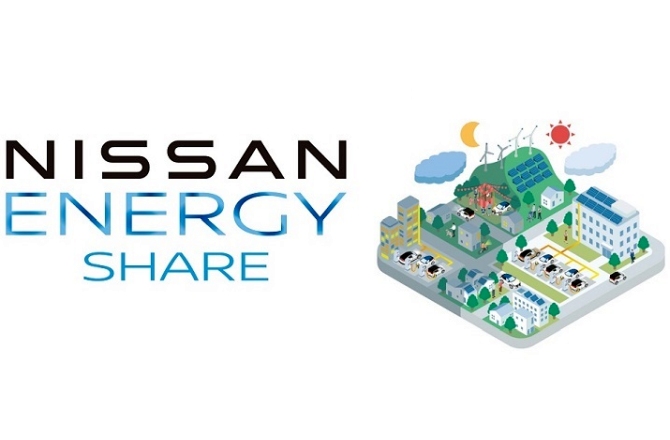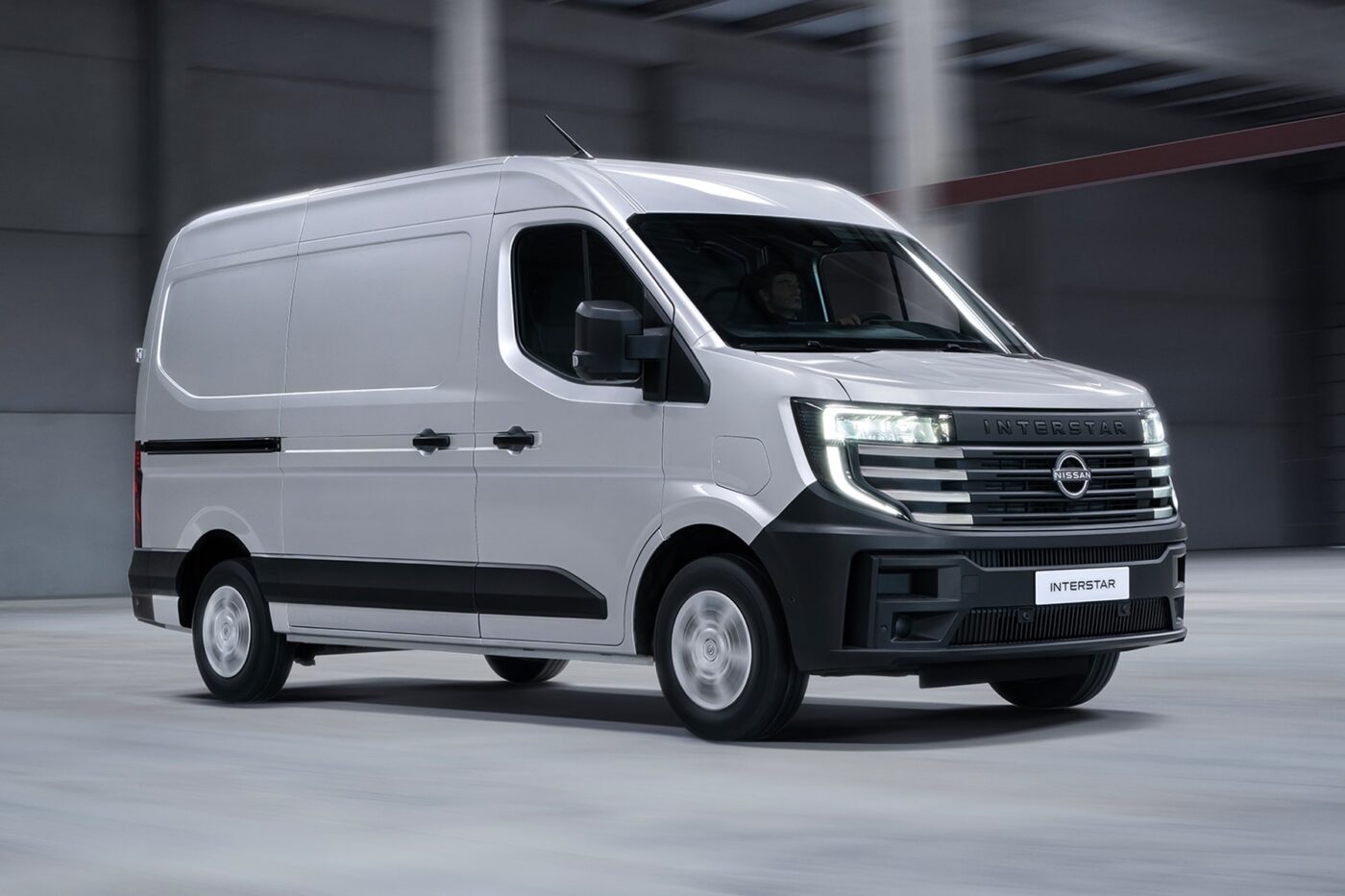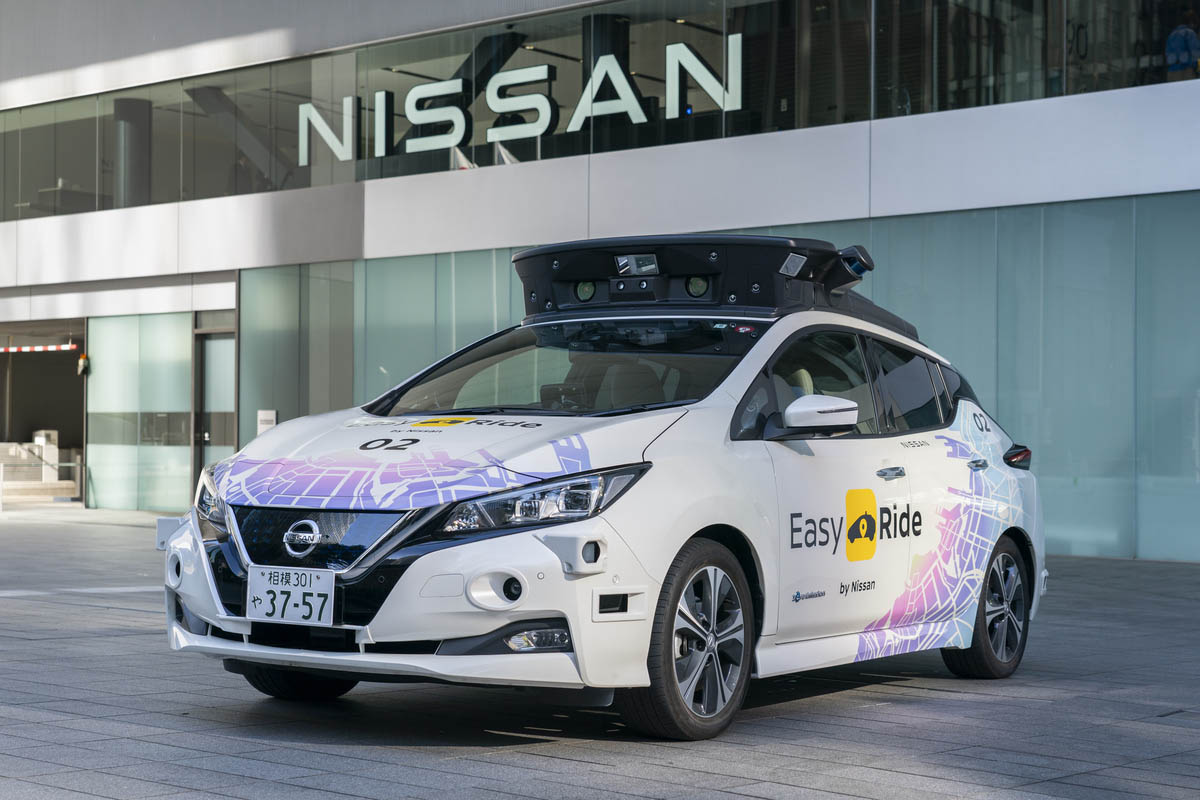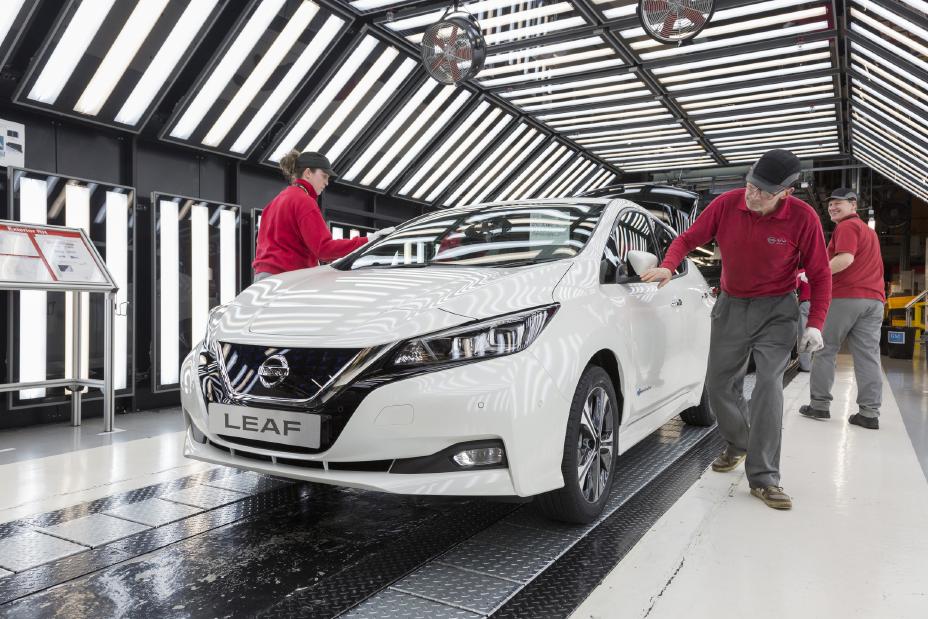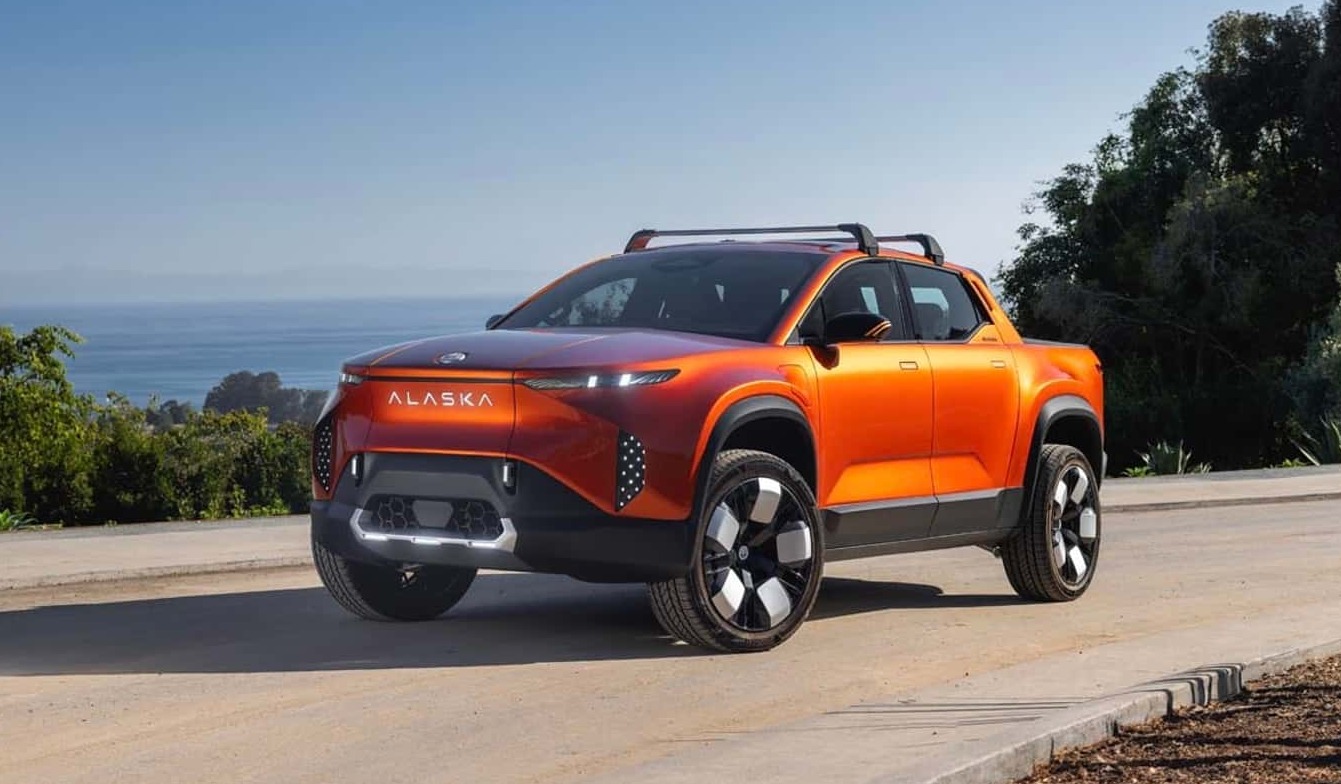Japanese automaker Nissan has opted to postpone the commencement of electric vehicle (EV) production at its American plant, marking the second time it has adjusted its plans in response to perceived challenges in the EV market. This move follows similar decisions by other major automakers like GM, Ford, and Audi, indicating an industry-wide reassessment of electric vehicle strategies.
While 2023 witnessed record-breaking U.S. EV sales, the growth rate in the fourth quarter was reported to be lower than the previous year, and dealers are reporting extended periods that EVs spend on their lots. Nissan attributes the delay in production at its Canton, Mississippi, plant to the “need to enhance product competitiveness,” as outlined in a memo seen by Autonews.
See also: Nissan’s Leaf Recognized Among Top Transport Innovations in Recent Survey
According to the memo, the production timeline for two new electric cars has been adjusted. The first sedan, intended for the Nissan brand, is now scheduled to begin production in November 2026, and the second, marketed as an Infiniti, is slated to start production in April 2027. This decision represents a five-month delay from the initial schedule, following two prior delays of three months and two months.
Unnamed sources have indicated that Nissan’s concerns revolve around the profitability and demand for electric vehicles. High average prices for EVs, coupled with elevated interest rates affecting premium car sales, have raised apprehensions about a potential decline in sales in this category, prompting adjustments in production plans by other automakers like GM and Ford.
See also: Nissan Ariya Makes History with Unprecedented 18,641-Mile Journey from North to South Pole
The automotive industry, as a whole, appears to be reassessing research and development (R&D) investments, with the source noting that many automakers are feeling “spooked.” Nissan had initially invested $500 million in its Canton plant to support EV production, positioning it as a central hub for the company’s North American electrification initiative.
These newly planned EVs are expected to replace the Titan, ceasing production in the summer, and the Altima, anticipated to conclude production by late 2025. Nissan is currently contemplating extending the run of the internal combustion engine sedan for an additional year.


